No products in the cart.
How video games can make you a better fighter pilot
- By Hasard Lee
Share This Article

Does playing video games and desktop simulators, such as Microsoft Flight Sim, prepare you to become a fighter pilot?
As a fighter pilot, much of our training takes place in a simulator, which is the ultimate video game. Stepping into these rooms, you’re dwarfed by a giant sphere that projects a 360-degree view of your surroundings. After climbing into an exact replica of the cockpit, a motor pushes you into the middle of the sphere and it’s “fight’s on.” You’re anywhere in the world with any weapons you want and adversaries that can be dialed-up in difficulty as needed. And it’s not just you in there, other pilots are in their own pods fighting alongside you on the same virtual battlefield.
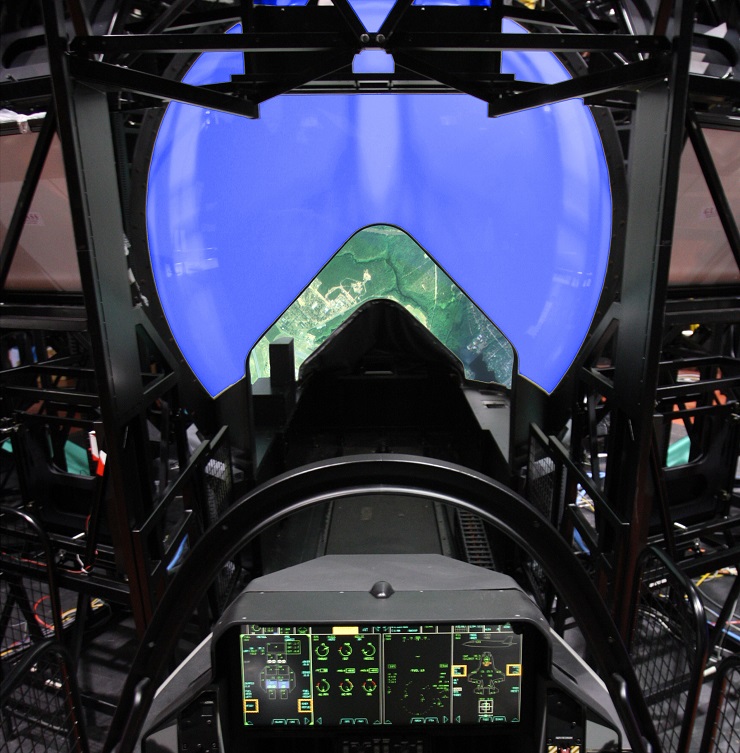
Flying a modern fighter is difficult – these machines are designed to merge man and machine into a lethal combination that can have a strategic level of impact on the battlefield. The stick and throttle alone have dozens of buttons on them. Most of these buttons can give 5 or more commands – forward, back, left, right, and down – as well as short pushes and long pushes and multiple master-modes that completely change the function of each button: It’s a PlayStation or Xbox controller on steroids.
Growing up in the ’80s and ’90s, my generation was one of the first to have widespread access to video games. Super Nintendo, PlayStation, N64, Xbox, I played them all growing up. Using a controller was second nature by the time I got to pilot training. Nowadays trainers like the T-6 and T-38 don’t have a lot of buttons on the stick and throttle – they’re designed to teach students how to fly. However, the F-16 was a huge jump as we learned not just to fly the aircraft, but to employ it as a weapons system.
Related: The fighter jet that got Pepsi sued is approaching retirement
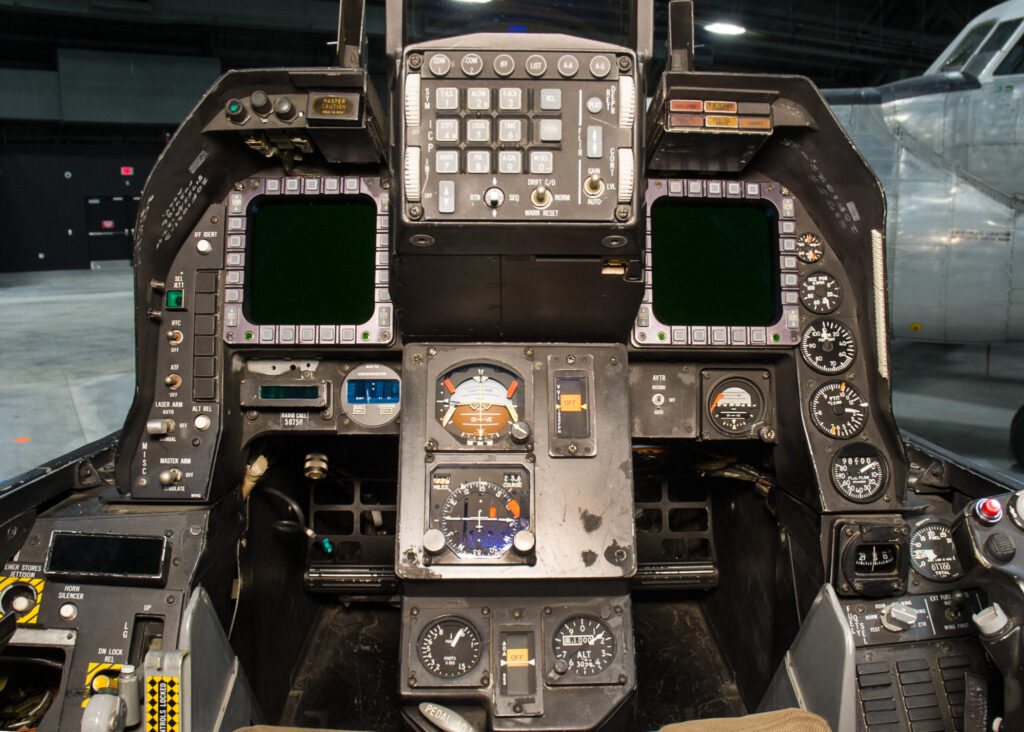
There we learned what, at the time, seemed like complex sequences to track targets, launch missiles, and drop bombs. What I noticed was that my time playing video games allowed me to synthesize information while quickly and accurately passing decisions I made off to the jet. Many of my classmates also played video games growing up and collectively, the feedback we received was that we were a lot more advanced than our instructors were when they were in our position.
Now, a decade later, I can say the next generation, who grew up with smartphones and iPads, have an even greater capacity to process the multiple streams of information coming at them than older pilots like myself. The avionics in jets like the F-35 – which are essentially two large iPads glued together – are second nature to them. So, to answer the question, do video games help prepare you to become a pilot? The answer is yes, to an extent.
Related: Mako: Arming the F-35 with hypersonic missiles
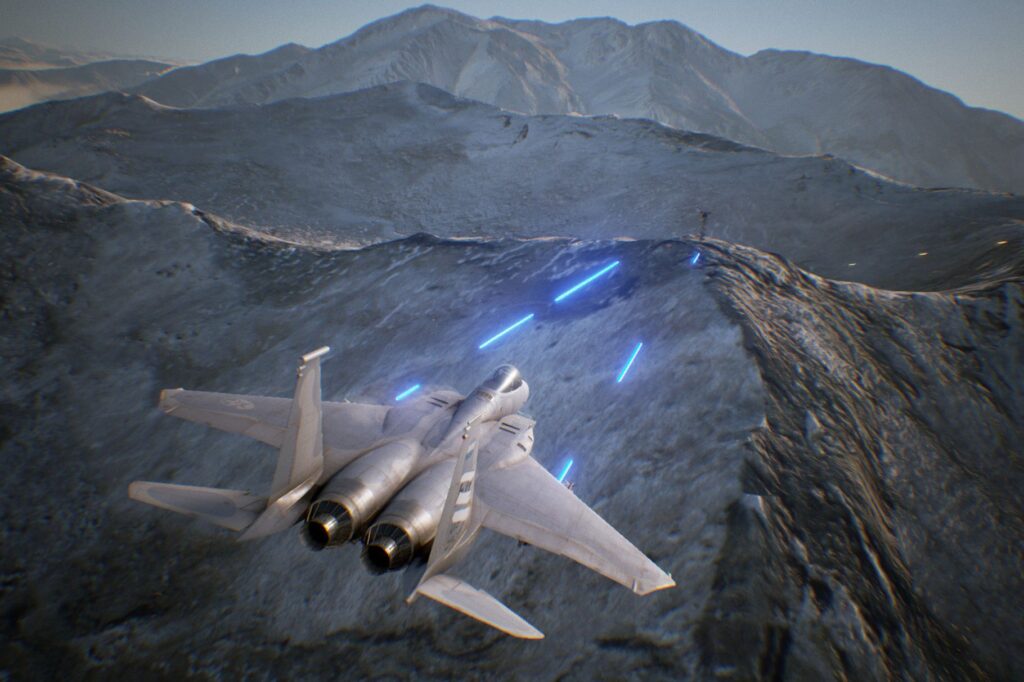
For future fighter pilots out there, I would say playing video games a couple of hours a week can help with processing information, making quick decisions, and accurately passing it off to the controls. Anything more is likely a detriment in that it is taking time away from other things you could be working on.
As for which type of video game to play, it doesn’t matter. Realistic fighter simulators like Digital Combat Simulator aren’t any better than Mario Kart: the procedures and tactics in civilian sims are off by enough that it won’t give you an advantage by the time you’re flying the real thing. If a civilian simulator helps stoke the passion, great – that’s the most important trait for success – but not playing them won’t put you at a disadvantage.
Editor’s Note: This article was originally published in November 2021; it has been edited for republication. It was written by U.S. Air Force F-35 pilot, best-selling author, and prominent YouTuber, Hasard Lee. Make sure to check out his “The Art of Clear Thinking” book if you like this article.
Read more from Sandboxx News
- How to physically prepare for MARSOC
- The Marine Corps is entering the future with these battlefield robots
- Learn more about MARSOC’s Special Operations Combat Service Specialists
- 5 futuristic military technologies that will shape the battlefield
- Why America never sold the F-22 Raptor to foreign countries
Related Posts
Sandboxx News Merch
-
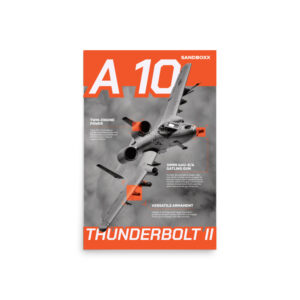
A-10 ‘Thunderbolt Power’ Poster
$22.00 – $28.00 Select options This product has multiple variants. The options may be chosen on the product page -
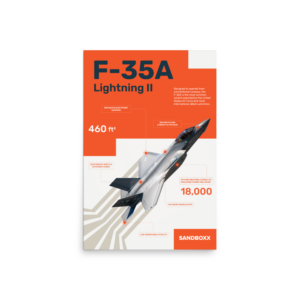
F-35 ‘Lightning’ Poster
$22.00 – $28.00 Select options This product has multiple variants. The options may be chosen on the product page -
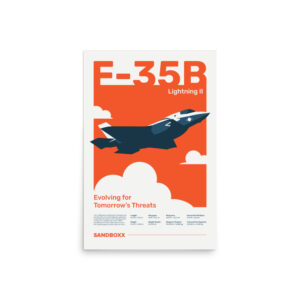
F-35 ‘Evolution’ Poster
$22.00 – $28.00 Select options This product has multiple variants. The options may be chosen on the product page
Hasard Lee
Related to: Military Affairs

The CIA used miniature models to meticulously plan high-stakes operations
Coffee or Die
December 4, 2024
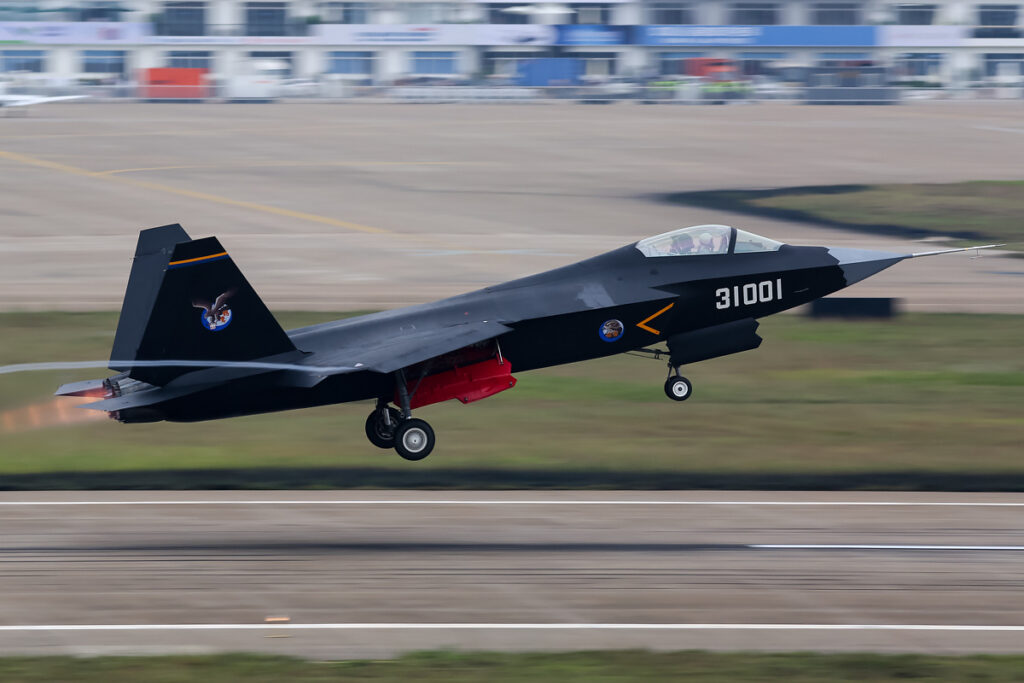
Video: How good is China’s new stealth fighter?
Sandboxx
November 25, 2024

Who dares wins: The importance of defeat in being successful
Frumentarius
November 26, 2024

Marines deploy new system to take out ships in the Pacific
Task & Purpose
December 2, 2024
Sandboxx News
-

‘Sandboxx News’ Trucker Cap
$27.00 Select options This product has multiple variants. The options may be chosen on the product page -

‘AirPower’ Classic Hoodie
$46.00 – $48.00 Select options This product has multiple variants. The options may be chosen on the product page -

‘AirPower’ Golf Rope Hat
$31.00 Select options This product has multiple variants. The options may be chosen on the product page -

‘Sandboxx News’ Dad Hat
$27.00 Select options This product has multiple variants. The options may be chosen on the product page
